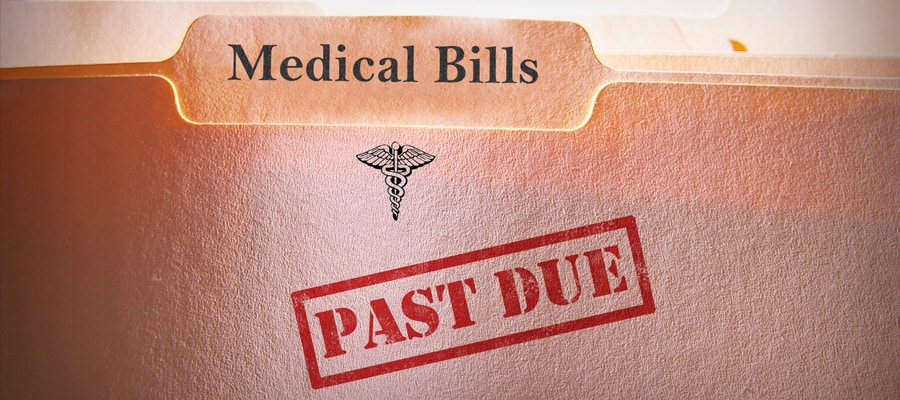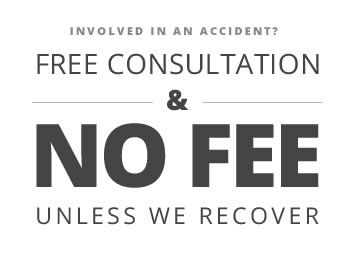If you were injured in a Maryland auto crash, slip and fall, or other accident that was not your fault, you may be able to recover monetary damages for your losses. The point is to reimburse victims for the associated costs and compensate them for how the incident impacts their lives. However, any amount you may be entitled to receive will typically not be paid out until resolution of the matter. Whether you settle an insurance claim out of court or receive a court verdict in your favor. As a result, you may run into challenges when paying medical bills, especially if you cannot work because of your injuries.
Fortunately, there are sources you can turn to when your Baltimore County personal injury attorney is working hard to get the compensation you deserve. The following list includes options for covering your medical costs until your case concludes.
Health Insurance
The first, most obvious, source of funds is something you might have already used, the health insurance coverage that you pay for either your out-of-pocket or through your job. Your treating physicians usually send your bills directly to your insurance company for payment. Though you may be responsible for any remaining balance. Using your health insurance will prevent late payment or overdue medical bills, which would otherwise go into collection status. You can avoid the stress of harassing calls from a collection agency.
PIP Under Your Auto Insurance Policy
When you purchase auto insurance as required by Maryland law, you received a notice that insurance companies must provide to policyholders. The document is a description of Personal Injury Protection (PIP) coverage, which is another source of funds after an accident. No matter who is at fault. If you accepted PIP coverage and paid for it, this is a source to pay medical bills and lost income up to a certain amount. However, unlike bodily injury and property damage coverage, PIP is not required. If you waived this add-on after receiving the notice, you cannot apply it.
Maryland’s Collateral Source Rule
Once you have applied funds from your health insurance, PIP coverage, and any other sources, you might expect that your compensation would be reduced by what you have already received. This is where the collateral source rule kicks in to your advantage. If your case goes to court, the law prohibits the at-fault driver from telling the jury what expenses have already been paid. As such, you can still claim the full value of your medical costs and lost wages.
Schedule a Free Consultation with a Baltimore County, MD Personal Injury Lawyer
One or more of these options for paying medical bills may be suitable for your situation. You should know that you will not have to worry about covering your legal fees. Attorney Michael A. Freedman offers a free consultation for Maryland personal injury cases, and works on a contingency fee basis. For more information on your remedies as the victim of an accident, please contact our office in Owings Mills or Glen Burnie, MD today.



